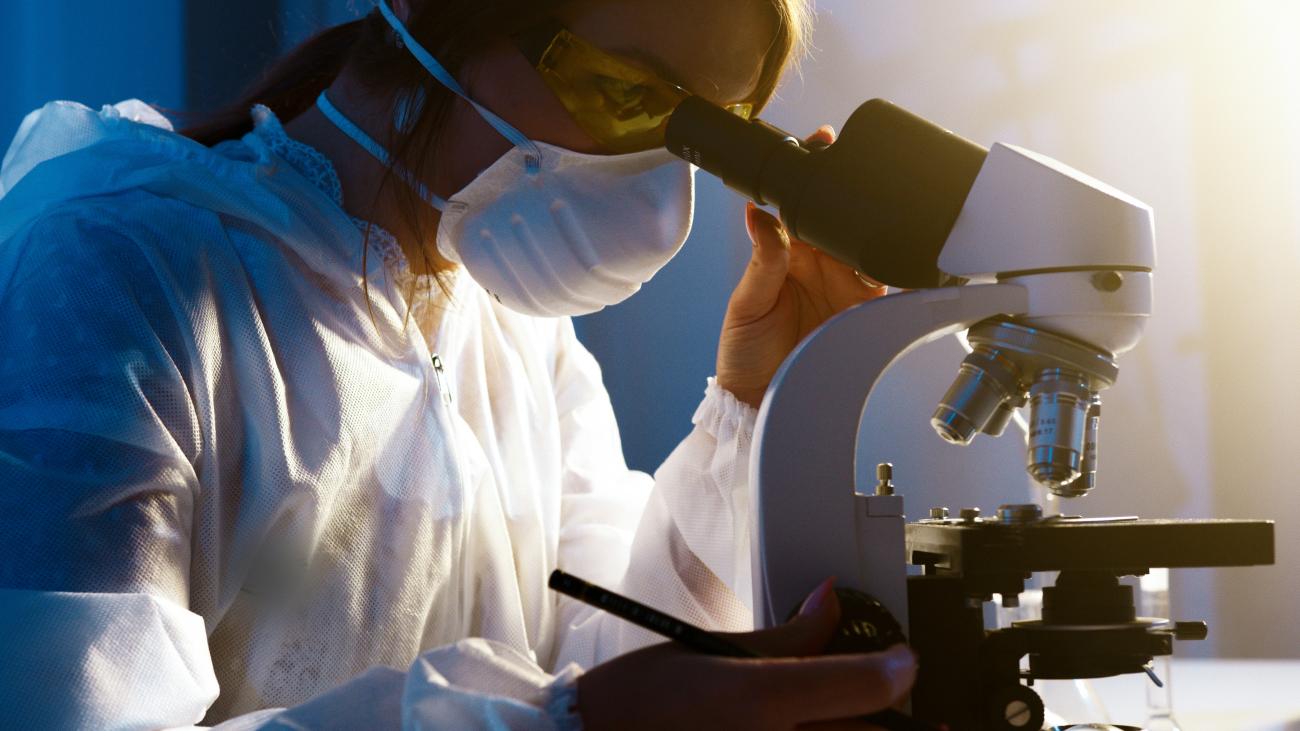Database providing access to the High Technology Network's industrial research offering: research competences, type of analyses and tests available at the Laboratories. Companies can consult the Catalogue to find Laboratories and researchers that match their needs.
Competence
Acquisition and pre-processing of signals for model identification
Biosensors (enzymes, cells, antibodies,analyte and ions)
Characterization of products of microbial origin: biomass, metabolites, natural antibiotics. Conversion and transformation processes of food an by-products
Chemical, gas, indoor air quality sensors, Lab-on-Chip
Combined stabilization strategies to enhance shelf-life and food safety
Continuous-time and discrete-time mathematical modeling of systems and processes
Detectors of ionizing radiation (X-rays, gamma, radon)
Discrete events mathematical modeling of systems and processes
Effects of packaging on the evolution of food microbial population
Electrical, power and magnetic sensors
Energy harvesting
Finite element simulation (FEM)
Formal languages for systems modeling (Unified Modeling Language-UML and SysML-System Modeling Language)
Identification of models and parameters estimation
Infinite-dimensional mathematical modeling of systems
Innovative strategies for microbial control: the use of natural antimicrobials and thermal treatments
Integrated electronics of control and front-end, with analysis of the accuracy of the acquisition chain
Interaction between food microorganisms and gut microbiota
Marker identification for the instrumental detection of desired or undesired microflora: set up of markers or indicators
Mechanical sensors (accelerometers, gyroscopes, strain gauges, microphones); Tactile , force, torque sensors. Doppler laser sensors
Microbial analysis, challenge tests, instrumental analyses
Microbial response to environmental stress: optimization of microbial performance
Microbial strain selection for food production: enzymatic, physiological, and genetic characterization
Microbial strain selection: technological characterization
Microbiological activity in food: risk analysis
Modeling of the collision of bodies in mechanical systems
Modulation of microbial growth and shelf-life evaluation as a function of formulation and storage condition
Molecular analyses for the identification of pathogens and spoilage microorganisms and the evaluation of their impact on final product,
Non-parametric modeling (neural networks, etc.)
Optical sensors, waveguides and photonic structures, optics fibers
Optimization of traditional stabilizing treatment to improve food quality
Otpimization of fermentation conditions: traceability and authenticity of typical or brand fermented food products
Packaging integration
Predictive microbiology for shelf-life prevision, for food safety and for innovative products.
Procedures and optimization of microbiological processes in fermented food and feed
Process and plant optimization for fermented foods
Quality, safety and impact on human health of fermented products containing probiotic microorganisms
Satellite sensors (GPS, GLONASS, Galileo ....)
Sensors for flow, flow rate and pressure of liquids and gases, and for microfluidics
Sensors for thermodynamic parameters (temperature and heat flow)

